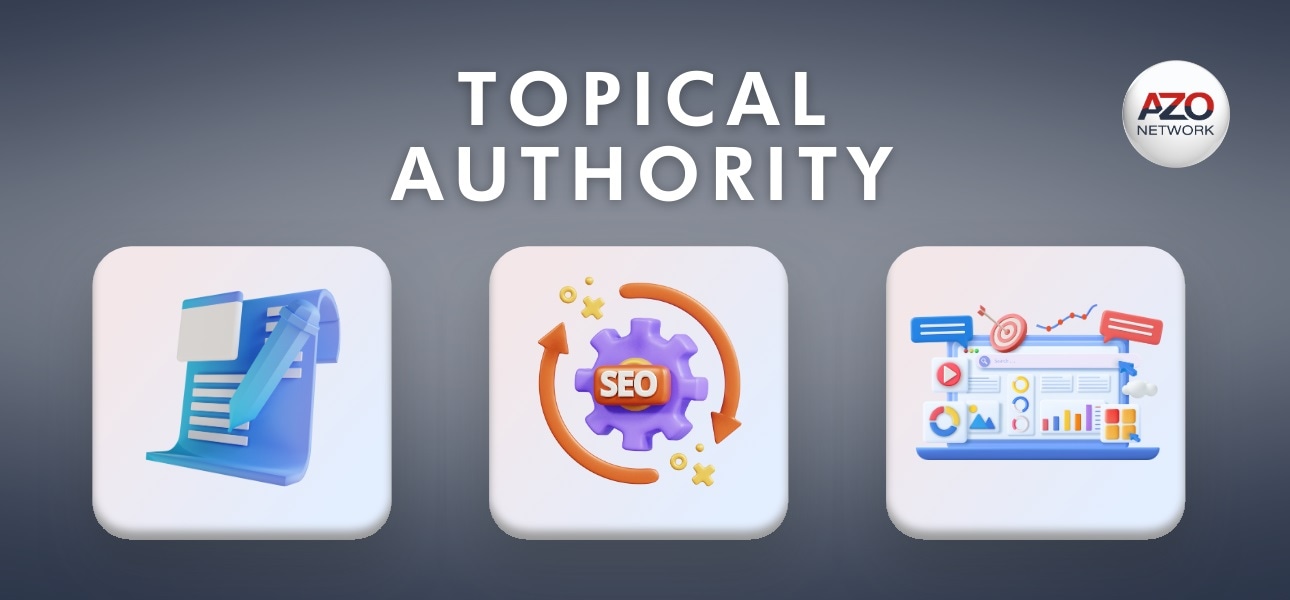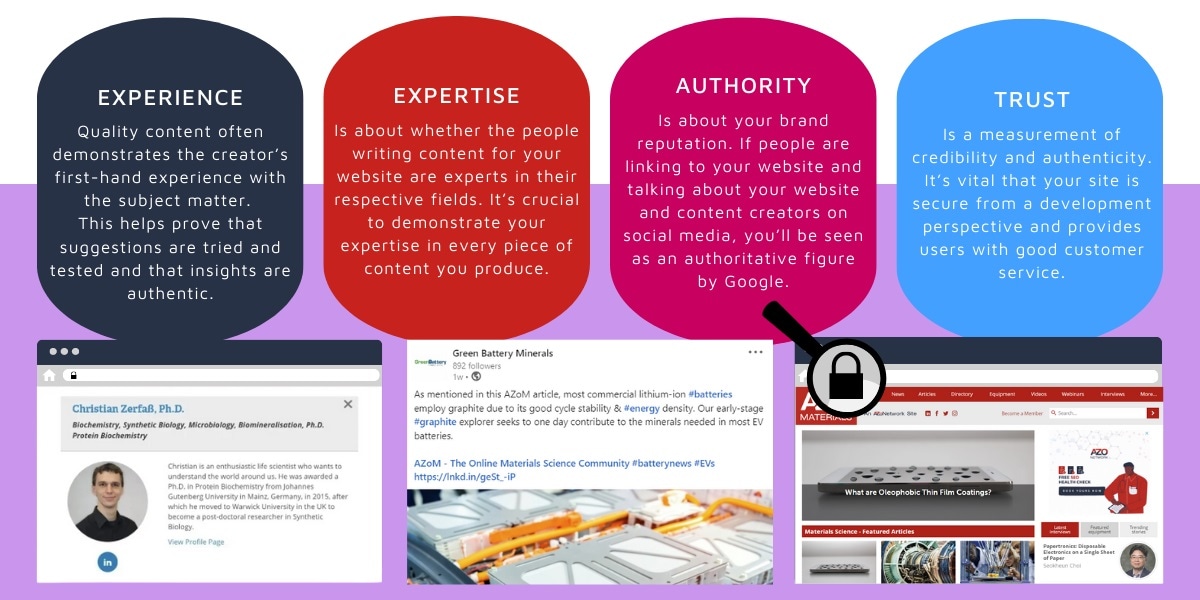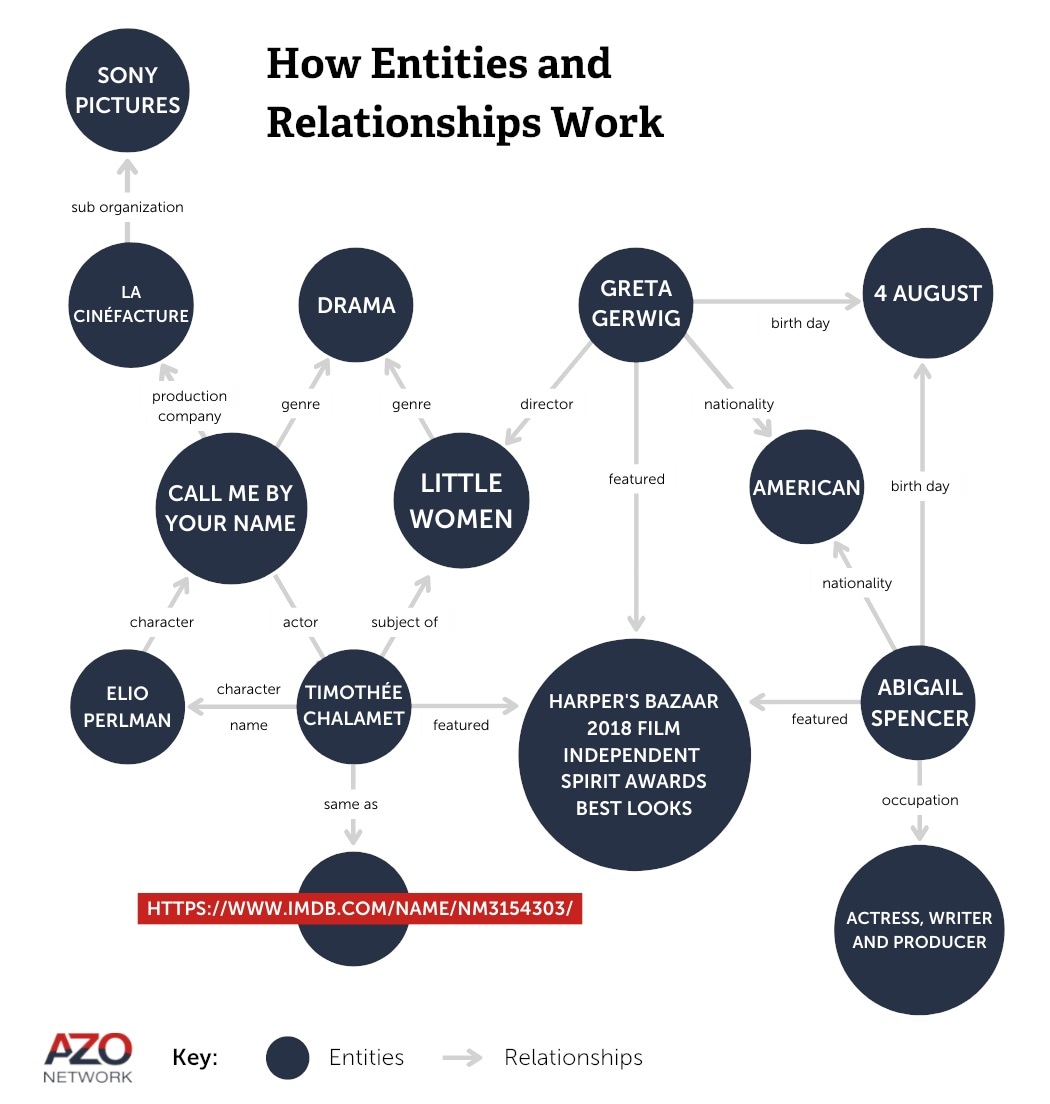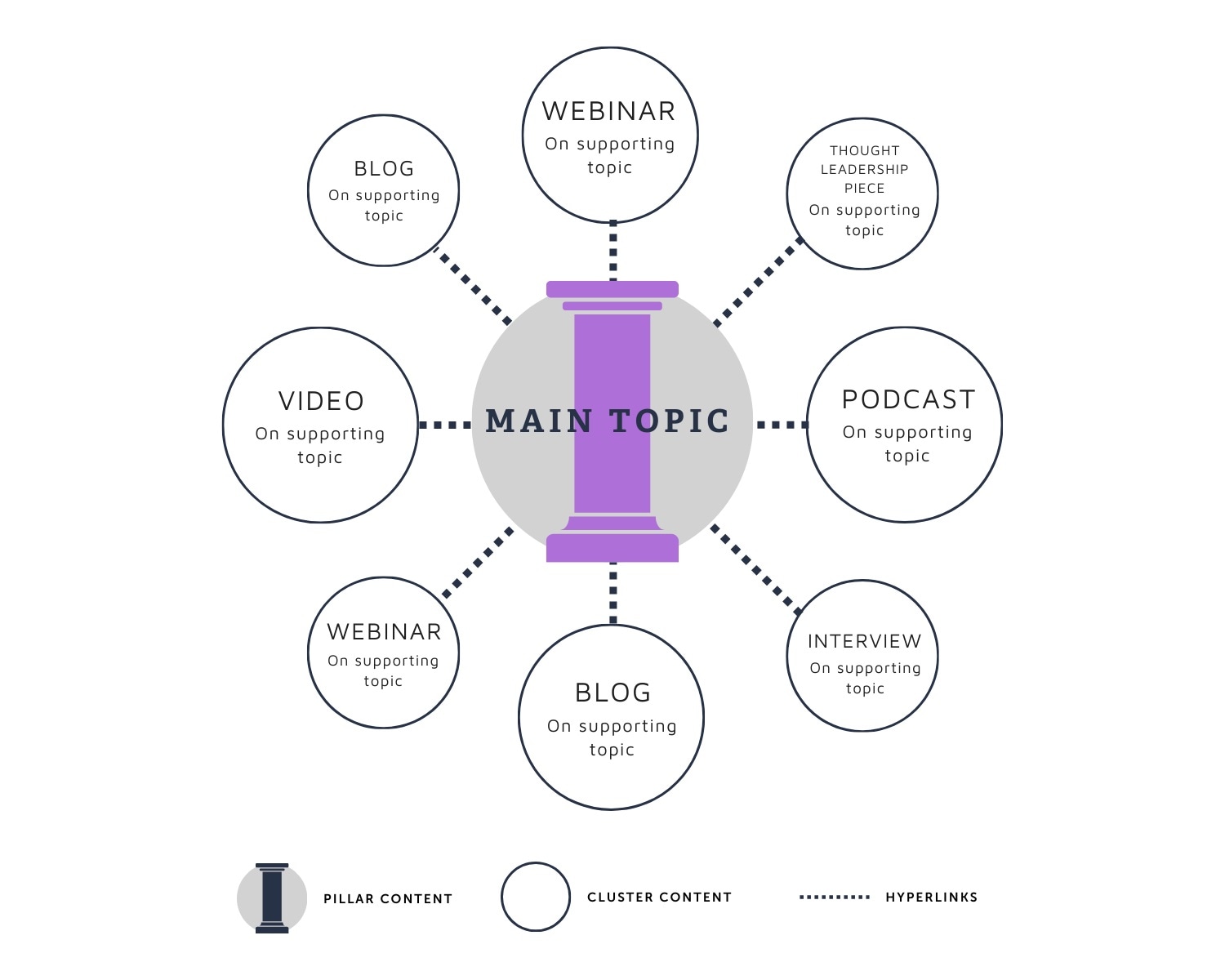
Topical authority refers to a website's expertise on a specific subject, which differs from domain authority (DA). DA is a score predicting the likelihood your site will rank in search engine results pages (SERPs). It isn't a direct rank factor used in SE algorithms. Topical authority is, and it's growing more prevalent.
Understanding Topical Authority in Context
Google recently updated its E-A-T principle with another E, for experience. The implication is authors with first-hand experience of a subject are more trustworthy. Credibility has always been a core facet of authority. They go hand-in-hand in. Your trustworthiness drives your authority signals, which tell SEs to rank you highly.

The topical authority system is an evolution of this dynamic. But it's important to note the system isn't new. Here are two key milestones that illustrate the point:
- In 2011, Google Panda laid the foundations of semantic SEO. It penalised low-quality content that used black-hat SEO tactics. (keyword stuffing, link farming, etc.). High-quality content was crowned King.
- BERT (2019) was a dramatic expansion of semantic search. Using natural language processing (NLP), Google could better understand the search context. The concept of search intent came into vogue.
Finally, in May 2023, Google offered a primer to understanding news topic authority. They claim the system aims to determine which sources are experts in specialist subjects. Typically, this applies to health, politics, or finance. But the principle applies beyond Your Money or Your Life (YMYL) pages.
How Topical Authority Works
Three primary signals factor into topical authority:
- How notable a source is for a topic
- Influence and original reporting
- Source reputation
If you consistently produce original, high-quality content on a relevant topic, it signals your subject matter expertise to SEs. This, in turn, can lead to higher rankings and a surge in organic traffic.
"What you're essentially doing is, on the one hand, for search engines, you're building out your reputation of knowledge on that specific topic area. And for users, as well, it provides a little bit more context on why they should trust you."
- John Mueller, Google Webmaster Trends Analyst
How to Build Topical Authority?
Establishing topical authority is a matter of demonstrating credibility and expertise. Easier said than done. Especially when competing in technical B2B arenas. But this isn't a new concept. Your bread-and-butter rank factors and SEO strategy haven't changed. The goal is still to create high-quality, authoritative content with a strategic keyword focus and internal linking strategy.
That said, there are a few advanced concepts to consider:
- Semantically related keywords: Conceptually-linked terms. These aren't secondary keywords or intent modifiers but phrases that provide context. This context becomes crucial in the era of semantic search. For instance, if your main topic is "digital marketing," semantically related terms might include "content strategy," "SEO techniques," "social media campaigns," and "email marketing." Semantically related terms help you broaden your keywords into concepts.
- User intent: The underlying motivation or purpose behind a user's search query. It's a fundamental concept in SEO, where SEs use machine learning to rank search results based on the perceived intent behind a search query (informational, transactional, etc.). User intent clarifies how to best serve users interested in those concepts.

Both concepts are already essential to modern SEO. You can deploy them using a model like topic clustering to show expansive topical authority. This approach can be time-consuming but effective:
- Group targeted keywords into subjects linked by semantic terms
- Build a central piece of content, or pillar page, per subject
- Create sub-pages related to the pillars
- Link each sub-page within the topic to the pillar
Visualise this as a wheel. The pillar is the hub, and the links are the spokes. Sub-pages are interspersed around the circumference, connected to each other by "horizontal" links. FYI: The links back to the pillar are "vertical" links. These should point from the sub-pages inwards to the pillar. Again, this isn't a new concept in link-building. But it has taken on greater relevance.

The benefits of this are manifold. It creates an ecosystem of pages that are:
- Optimally interlinked
- Semantically and topically related
- Individually targetted to short- and long-tail keywords
You can realise enormous peripheral benefits too:
"And for search engines...if we can recognize that this website is really good for this broader topic area, then if someone is searching for that broader topic, we can try to show that website, as well."
- John Mueller, Google Webmaster Trends Analyst
In essence, establishing yourself as a subject matter expert in one area may help you rank higher for separate but related topics. We see this routinely in our SEO department, where blogs tightly focused on one or two keywords gain rankings for a host of terms. These include long-tail and short-tail keywords. Broad-match, phrase-match, and related.